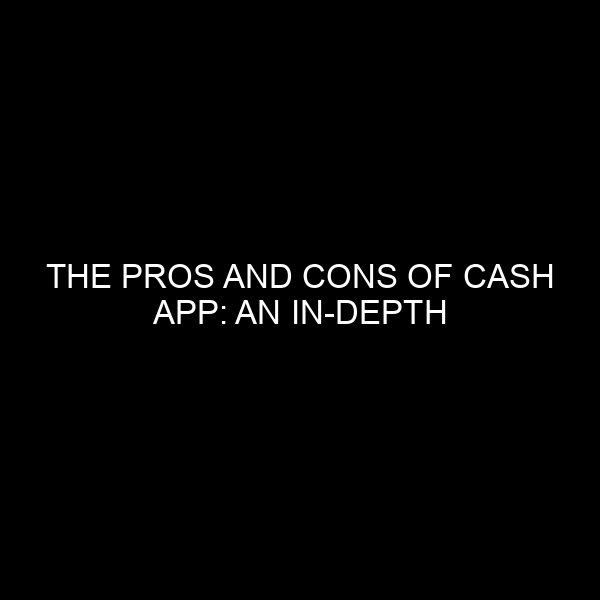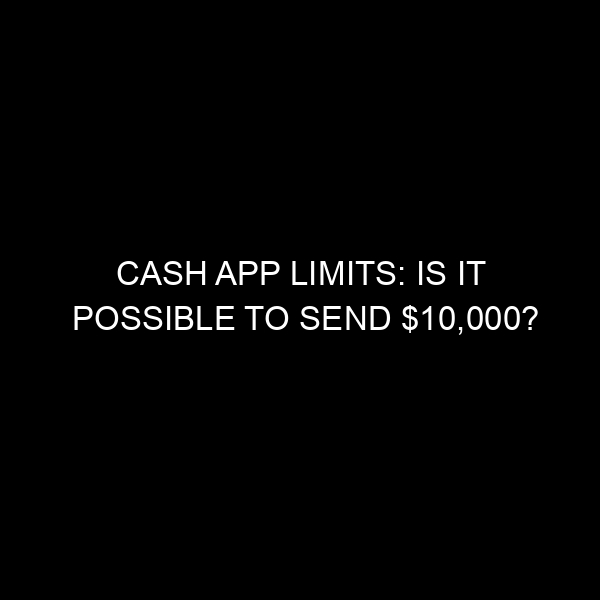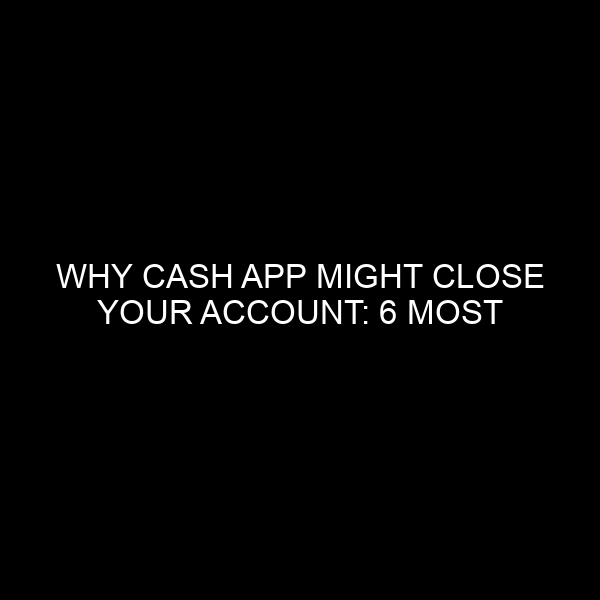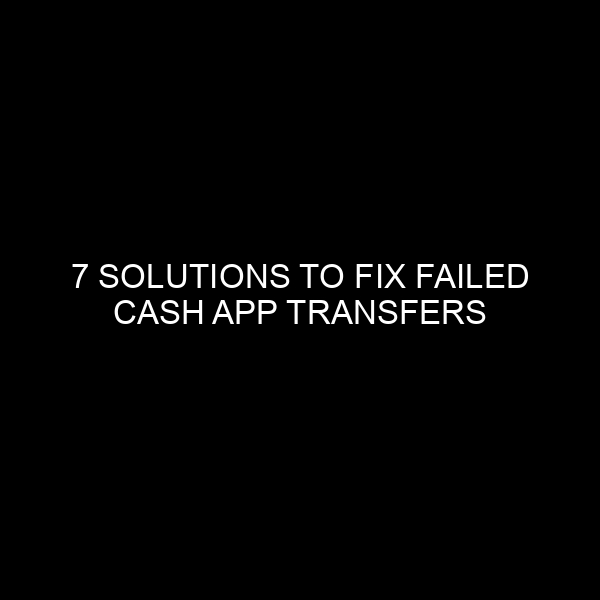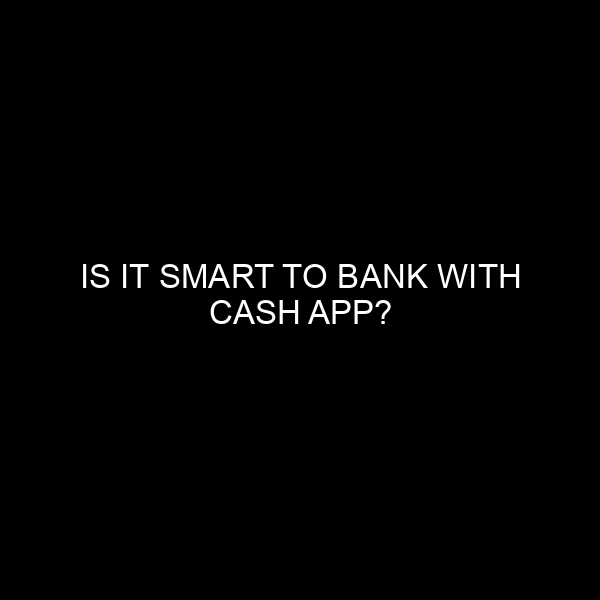The Pros and Cons of Cash App: An In-depth Analysis
In our digital age, the traditional approach to handling money—physical cash and conventional bank accounts—has been complemented and, in some cases, supplanted by mobile payment apps. One such prominent player in this domain is Cash App. Developed by Square Inc., Cash App has become a favorite tool for peer-to-peer payments, online purchases, and even stock trading. But as with all financial tools, Cash App has its strengths and weaknesses. In this article, we’ll explore both sides of the coin, drawing from the knowledge and insights of the financial market and banking industry.
A Brief Overview of Cash App
Before diving into the pros and cons, it’s essential to establish a clear understanding of what Cash App is and how it functions. Launched in 2013 by Square Inc., Cash App offers users an intuitive interface to send and receive money. But over the years, its functionalities have expanded. Today, it’s not just about sending and receiving; users can invest in stocks, purchase Bitcoin, and get a physical debit card (known as the Cash Card).
Pros of Cash App
1. User-friendly Interface
Cash App stands out because of its user-friendly design. With just a few taps, users can send or request money, making it an excellent tool for people unfamiliar with digital payment systems.
2. No Fees for Personal Transactions
For personal peer-to-peer transactions funded with a Cash App balance, bank account, or debit card, there are no associated fees. This feature distinguishes Cash App from many competitors.
3. Cash Boosts
One of Cash App’s unique features is the “Cash Boost”. Users with the Cash Card can avail discounts at specific vendors, offering tangible savings over time.
4. Bitcoin Purchases
Cash App was among the first mainstream apps to allow users to purchase Bitcoin. For those looking to enter the crypto market, this feature can be an attractive starting point.
5. Stock Investments
Adding to its functionalities, Cash App also allows users to invest in stocks. The feature caters to both seasoned traders and novices, as you can begin trading with as little as $1.
Cons of Cash App
1. Limited International Use
Currently, Cash App mainly operates in the US, with some functionality in the UK. For those frequently engaged in international transactions or traveling, this limitation can be problematic.
2. Potential for Scams
Like any digital platform, Cash App isn’t immune to scammers. There have been reports of users being duped by fraudulent requests. It’s crucial for users to be vigilant and only transact with trusted individuals.
3. Service Fees for Business Transactions
While personal transactions don’t incur fees, business transactions do. A 2.75% fee is charged for business payments received, which might be a deterrent for some enterprises.
4. Instant Transfer Fees
While standard bank transfers are free and take 1-3 business days, instant transfers to a bank account come with a 1.5% fee. If you’re in a hurry, it’ll cost you.
5. Limited Customer Support
One consistent critique has been the lack of robust customer support. Given the financial nature of the app, timely and effective customer service is paramount, and some users feel Cash App falls short.
Conclusion
Cash App has undeniably revolutionized the way we view and handle money in a digital age. Its sleek design and multifunctionality make it a favorite among many. However, potential users should be aware of its limitations and exercise caution to avoid potential pitfalls.
Always remember: whether you’re using Cash App or any other financial tool, stay informed, and practice safe financial habits. Knowledge and caution can go a long way in ensuring a seamless and safe experience.
